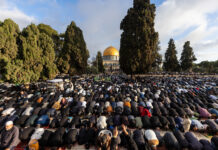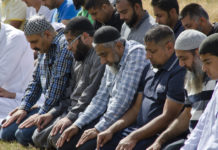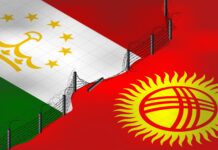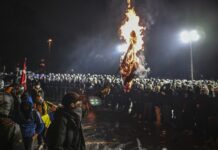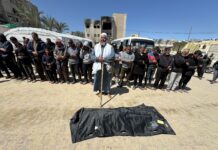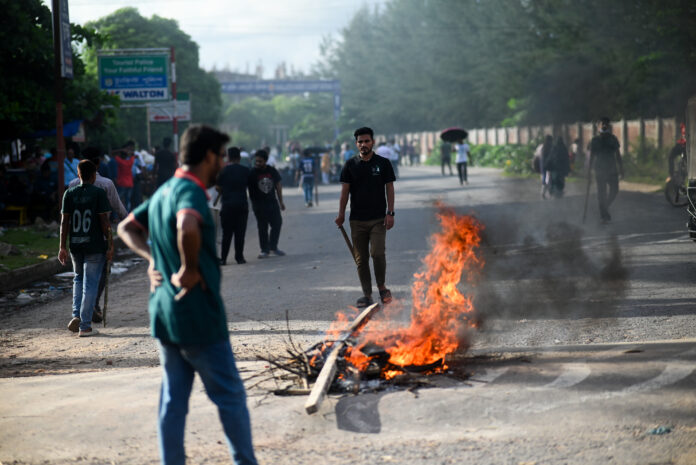
Bangladesh’s ruling regime has imposed a curfew across the nation and deployed the military as the death toll amid the ongoing crackdown on student protests climbed to over 100.
More than 2,000 people have also been injured in clashes around the country.
The curfew was imposed from midnight on Friday and the military has been ordered to “control the situation.”
Earlier on Friday, at least 30 people were killed as anti-government demonstrations raged in the South Asian nation, police sources told Anadolu Agency in Dhaka.
The situation remains volatile in the country as government has imposed a communications blackout with no mobile or broadband internet.
According to the official order, the curfew will be lifted at 12 p.m. (0600GMT) on Saturday for a two-hour break. The restrictions will be re-imposed until 10 a.m. (0400GMT) Sunday and the new schedule will be issued “if need be.”
Amid turmoil at home, Prime Minister Sheikh Hasina was forced to cancel an official trip to Spain on Saturday.
Subscribe to our newsletter and stay updated on the latest news and updates from around the Muslim world!
Most of the deaths were reported in Dhaka, police sources told Anadolu correspondent in the capital, the centre of protests against reservations in public jobs.
The South Asian nation has seen protests against the 56% quota system in public jobs surge this week, with the government closing educational institutions across Bangladesh.
Students have, however, refused to leave the college and university campuses.
Some 30% of the 56% quota in public jobs have been reserved for sons and grandsons of those who participated in Bangladesh’s war of independence in 1971.
The government is expected to file an appeal on Sunday with the Supreme Court to reduce the quota to 20%.
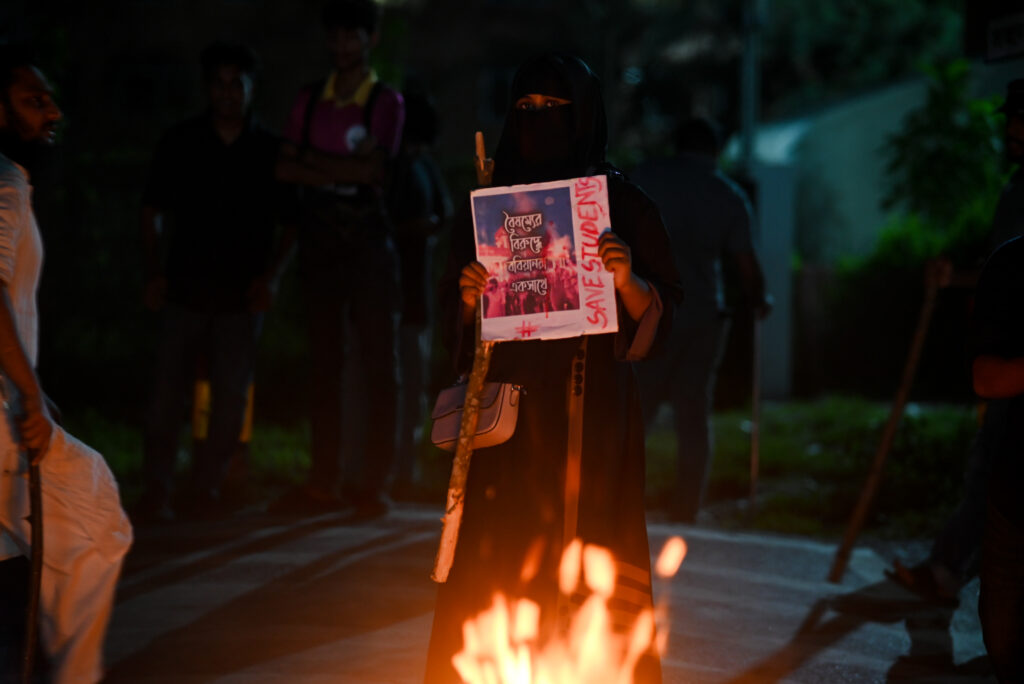
Meanwhile, the UN human rights chief urged accountability and dialogue over the deadly violence in Bangladesh.
“All sides must exercise restraint and security forces must ensure that the use of force is in line with international human rights law,” said Volkan Turk. “Engaging the young population is the best and only way forward,” Turk added.
The European Union also voiced concern.
“The EU is deeply concerned by the violence and tragic loss of life that has occurred in the context of the protests in Bangladesh,” Nabila Massrali, the EU’s spokesperson for Foreign Affairs and Security Policy, said in a statement.
“It is vital that further violence is averted and that a peaceful resolution to the situation is found as swiftly as possible, underpinned by the rule of law and democratic freedoms,” Massrali noted.
And Amnesty international said the government must urgently halt mounting death toll of protestors.
Babu Ram Pant, Deputy Regional Director for South Asia at Amnesty International, said: “The rising death toll is a shocking indictment of the absolute intolerance shown by the Bangladeshi authorities to protest and dissent. The unlawful force used against protesters shows a callous disregard for the right to life and an abject failure by law enforcement officials to uphold their obligations under domestic and international human rights law.
“Amnesty International has repeatedly called for the Government of Bangladesh to adopt a rights-respecting approach in the policing of protests. The law enforcement agencies must immediately end their unlawful use of lethal force against protesters and ensure that the right of people to peaceful assembly is guaranteed in law and practice.”
Babu Ram Pant added: “Authorities must immediately conduct a prompt, independent and impartial investigation into the deaths and hold all those found responsible fully accountable. Victims of unlawful police violence must receive full reparations from the state.
“The arbitrary imposition of a total shutdown of the internet across the country and a blanket ban on protests announced by the Dhaka Metropolitan police further restricts the rights to freedom of expression and peaceful assembly. Such blanket restrictions are at odds with Bangladesh’s international obligations as a state party to the International Covenant on Civil and Political Rights.
“It is reckless to impede access to information during what has been a week of escalating violence and heavy-handed crackdown on student led protests across the country. Blanket shutdowns impact people’s safety, security, mobility, livelihood while creating instability and panic, further undermining their trust in authorities. The ban must be urgently lifted, and all the people detained or arrested solely for exercising their right to protest peacefully should be immediately and unconditionally released.”







